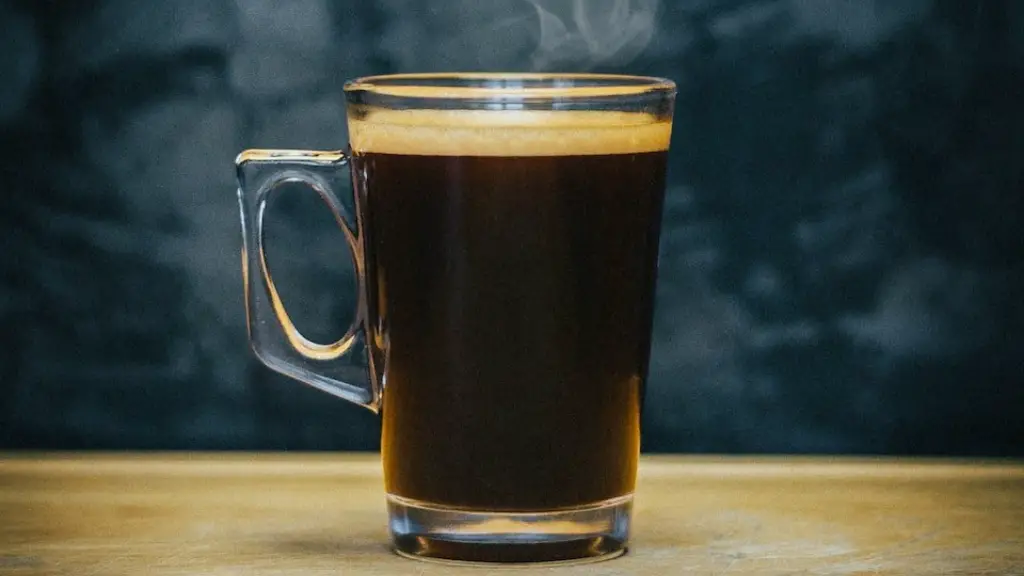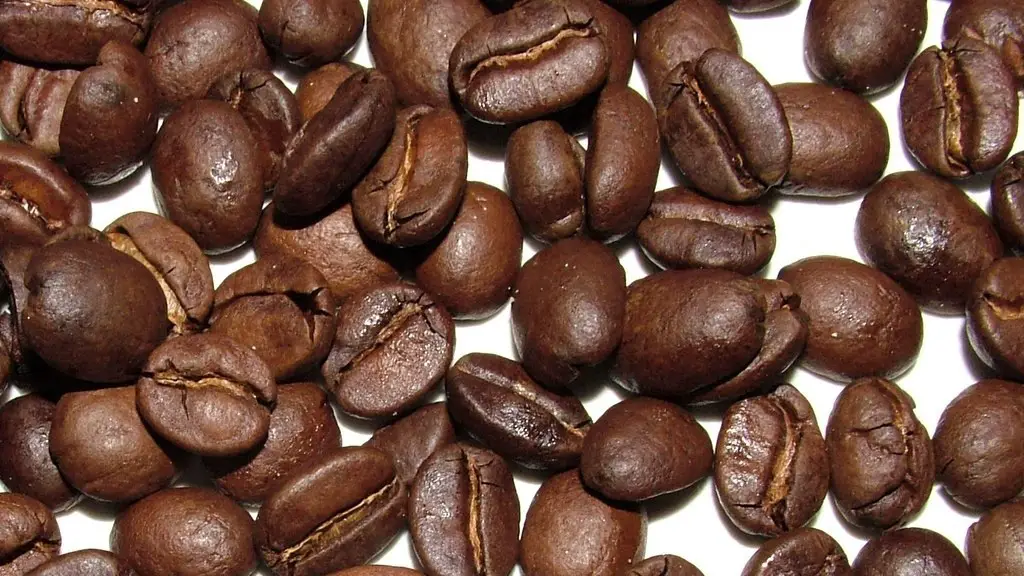Drinking coffee can be a great way to get an energy boost, but it is not always a good idea if you have diverticulitis. Diverticulitis is an inflammatory condition of the large intestine that can be very painful and uncomfortable. It is important to understand the risks associated with drinking coffee if you have this condition.
Coffee contains caffeine, which can irritate the digestive system and make symptoms of diverticulitis worse. Caffeine can also increase inflammation in the digestive tract, which can increase pain levels. Drinking too much coffee might even lead to more severe complications such as dehydration or a flare-up of symptoms.
Symptoms of Diverticulitis
Diverticulitis is an inflammatory condition of the digestive system characterized by the formation of out-pouches in the colon wall. Symptoms may include abdominal pain and cramping, fever, nausea, vomiting, constipation, and diarrhea. Other symptoms can include rectal bleeding or blood in the stool. Pain may be felt on one side of the abdomen or all over. In some cases, diverticulitis can cause a life-threatening infection or abscess.
It is important to note that coffee should generally be avoided if you have diverticulitis. Caffeine can irritate the digestive tract and worsen symptoms like abdominal pain and cramping. Herbal teas are a better choice for those with diverticulitis. Additionally, it is important to follow a low-fiber diet if you have been diagnosed with diverticulitis to help reduce inflammation and discomfort.
Causes of Diverticulitis
Diverticulitis is a condition in which small bulging sacs, known as diverticula, form in the lining of the intestine. These sacs can become inflamed or infected, causing abdominal pain and other symptoms. The primary cause of diverticulitis is not known, but it is believed to be related to a low-fiber diet. Other potential risk factors include smoking, obesity, and certain medications. It is important to speak with your doctor about any lifestyle changes that may help reduce your risk of developing diverticulitis.
When it comes to coffee and diverticulitis, there is no one-size-fits-all answer as it can vary from person to person. In general, it is recommended that people with diverticulitis should limit their caffeine intake, as excessive amounts may worsen digestive symptoms or increase inflammation in the intestines. If you have been diagnosed with diverticulitis, talk to your doctor about whether or not it’s safe for you to drink coffee.
Diagnosis of Diverticulitis
Diverticulitis is a digestive condition that occurs when small pouches called diverticula form in the wall of the large intestine. When these pouches become inflamed or infected, it can cause abdominal pain and other symptoms. Diagnosis of diverticulitis typically involves a physical exam, imaging tests, and sometimes a stool sample or blood test. Treatment usually includes antibiotics, rest, and dietary changes. It is generally recommended to avoid drinking coffee with diverticulitis. Coffee can irritate the digestive system, which can worsen symptoms. Eating a high-fiber diet and drinking plenty of fluids can help keep your digestive system healthy. If you have any questions about your diet or other treatments for diverticulitis, it is important to talk with your doctor for personalized advice.
Treatment Options for Diverticulitis
Diverticulitis is a condition in which small pouches form in the lining of the large intestine. These pouches can become infected and inflamed, causing symptoms such as abdominal pain, nausea, vomiting and fever. Treatment for diverticulitis typically involves antibiotics and a special diet. The goal of treatment is to reduce inflammation, clear up the infection and prevent future flare-ups.
When it comes to drinking coffee with diverticulitis, it is generally not recommended. Caffeine can stimulate the intestines and worsen symptoms such as abdominal pain or cramping. It’s also important to note that drinking too much coffee can lead to dehydration, which can be an issue if you’re already experiencing diarrhea or vomiting due to your condition.
However, if you do choose to drink coffee while dealing with diverticulitis, it’s important to monitor your symptoms closely and make sure you’re drinking plenty of water throughout the day. Be sure to avoid adding cream or sugar, as these ingredients can further irritate your digestive system.
Dietary Restrictions for Diverticulitis
When it comes to managing diverticulitis, diet plays an important role. Generally, a low-fiber diet is recommended during an acute attack of diverticulitis. This means avoiding foods such as whole grains, nuts, seeds, raw fruits and vegetables. It’s also important to drink plenty of fluids. When symptoms improve and the infection has subsided, a high-fiber diet is recommended to prevent further episodes of diverticulitis. This includes eating plenty of fruits, vegetables, whole grains and legumes. As for coffee drinking with diverticulitis, it is generally safe to drink in moderation but it should be decaffeinated if possible as caffeine may worsen symptoms.
Can You Drink Coffee with Diverticulitis?
Diverticulitis is a medical condition that occurs when the pouches in the wall of the large intestine become inflamed. People who suffer from diverticulitis may experience abdominal pain, nausea, fever, and changes in bowel habits. Some of the foods and drinks that are known to irritate the digestive system may need to be avoided, including coffee.
Caffeinated beverages like coffee can cause increased cramping and abdominal pain for those with diverticulitis. Coffee also acts as a laxative which can worsen diarrhea, a common symptom of diverticulitis. In addition, coffee can increase acid levels in the stomach leading to heartburn or an upset stomach. However, some individuals with mild cases of diverticulitis may be able to consume small amounts of coffee without experiencing any additional discomfort.
It is recommended that people with diverticulitis should talk to their doctor or nutritionist before drinking coffee or any other caffeinated beverage. The doctor can provide advice on how much caffeine is safe for their particular condition and what types of beverages are best avoided.
Final Words
In conclusion, it is generally recommended to avoid drinking coffee if you have diverticulitis. Caffeine and other compounds in coffee can aggravate symptoms of diverticulitis and worsen the condition. If a person with diverticulitis does decide to drink coffee, it is important to make sure it is not too hot or strong, and it should be consumed in moderation. It is best to talk to your doctor about your specific situation for personalized advice.



